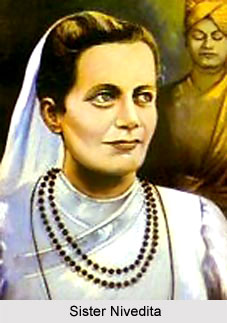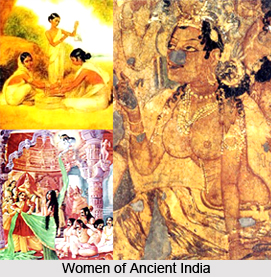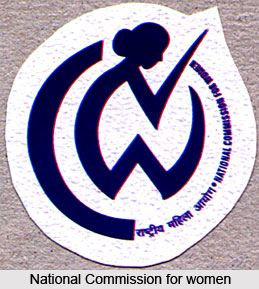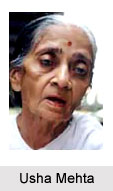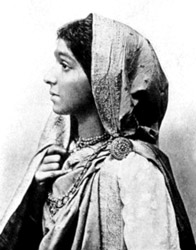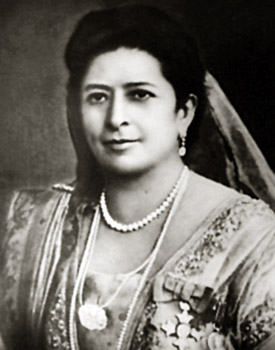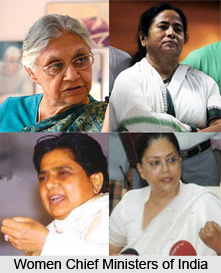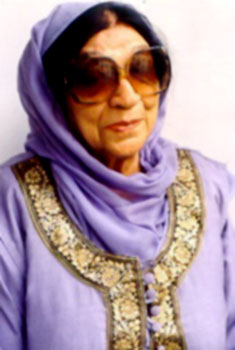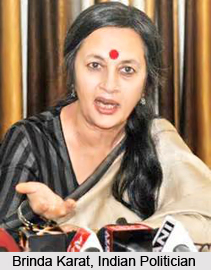 Brinda Karat is a politician of India who was elected to Rajya Sabha, representing the Communist Party of India (Marxist) or CPI (M) on 11TH April, 2005. She became the very first lady member of CPI (M) Politburo in the year 2005. Apart from this, Brinda Karat was also the general secretary of the All India Democratic Women`s Association or AIDWA from the year 1993 till 2004. Later, she became its Vice President.
Brinda Karat is a politician of India who was elected to Rajya Sabha, representing the Communist Party of India (Marxist) or CPI (M) on 11TH April, 2005. She became the very first lady member of CPI (M) Politburo in the year 2005. Apart from this, Brinda Karat was also the general secretary of the All India Democratic Women`s Association or AIDWA from the year 1993 till 2004. Later, she became its Vice President.
Early Life of Brinda Karat
Brinda Karat was born on 17th October 1947 in Kolkata, West Bengal to Oshrukona Mitra and Sooraj Lal Das. Her family included three sisters and one brother, and her mother Oshrukona Mitra died when she was only five years of age. Brinda Karat received her formal education from Welham Girls School in Dehradun and pursued her B.A. Degree at Miranda House affiliated to the University of Delhi when she was aged 16. She started studying M.A. in History at University of Calcutta in the year 1971.
Political Career of Brinda Karat
Brinda Karat graduated from Miranda House in 1967 after which she left for London. She rendered her services for Air India for a period of four years. During her tenure at Air India, she supported the compulsory wearing of skirts in the airlines instead of the saree.
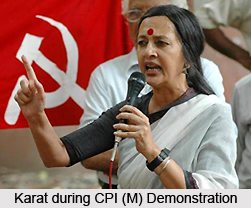 The headquarters of Air India finally complied with her campaigns and from that time onwards women professionals of Air India in London can opt to wear skirts or saree, as per their personal choice, as their workplace uniform. Karat has asserted in some interviews that she came back to her motherland India since she was inspired to work for her countrymen. When she was working in London, she came across several anti-war movements, Marxist ideologies and anti-imperialist movements during Vietnam War. She associated herself with some of the anti-war public demonstrations in London.
The headquarters of Air India finally complied with her campaigns and from that time onwards women professionals of Air India in London can opt to wear skirts or saree, as per their personal choice, as their workplace uniform. Karat has asserted in some interviews that she came back to her motherland India since she was inspired to work for her countrymen. When she was working in London, she came across several anti-war movements, Marxist ideologies and anti-imperialist movements during Vietnam War. She associated herself with some of the anti-war public demonstrations in London.
Karat joined the CPI (M) Party when she returned to Kolkata in 1971 and commenced her political work as a strong student activist. Under the Party`s leadership, she joined the University of Calcutta as a student. Inspired by the Party to delve deeper into the world of practical politics, and urged by them, she was enrolled into this educational institute. Originally, she delivered her services inside the college grounds and later she worked at the refugee camps during Bangladesh war. She began writing for the weekly newspaper published by this political party and worked as a full time employee later.
She moved to Delhi in 1974 and started working as an organizer of trade union, along with textile mill workers in North Delhi which gradually grew powerful. She began to be actively involved in Indian women`s movements and worker`s agitations. She rose to fame for eagerly campaigning for the amendment of rape laws during the 1980`s.
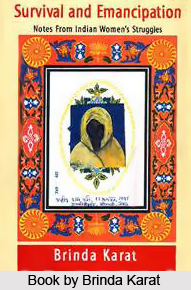 She had been assigned a lower rank in the central committee of the Party for her protests against the absence of women members representing the CPI (M) politburo. However, the party felt her acts were anti-Leninist. She was elected to Rajya Sabha in Indian Parliament on 11th April, 2005 as a CPI (M) member for West Bengal. Brinda Karat was determined to struggle for gender issues and after 5 women members were included as part of the Central Committee, Karat agreed to be nominated as member of the 17-member Politburo in 2005. Brinda Karat is recognized as the first woman member of the CPI (M) Politburo, which is the highest decision creating wing of the party.
She had been assigned a lower rank in the central committee of the Party for her protests against the absence of women members representing the CPI (M) politburo. However, the party felt her acts were anti-Leninist. She was elected to Rajya Sabha in Indian Parliament on 11th April, 2005 as a CPI (M) member for West Bengal. Brinda Karat was determined to struggle for gender issues and after 5 women members were included as part of the Central Committee, Karat agreed to be nominated as member of the 17-member Politburo in 2005. Brinda Karat is recognized as the first woman member of the CPI (M) Politburo, which is the highest decision creating wing of the party.
Brinda Karat wrote the book, `Survival and Emancipation: Notes from Indian Women`s Struggles` which describes the issues surrounding women`s movements from the viewpoint of the Left Wing.
Personal Life of Brinda Karat
Brinda Karat has married Prakash Karat who is a Keralite and an important leader of CPI (M) who presently holds the designation of General Secretary. Radhika Roy, her sister is married to the CEO and founder of NDTV, Prannoy Roy. She acted in a movie `Amu` which was directed by Shonali Bose, her niece and which portrayed the Anti-Sikh riots which took place in the year 1984, in 2005. The Marxist historian Vijay Prashad is one of her relatives.
